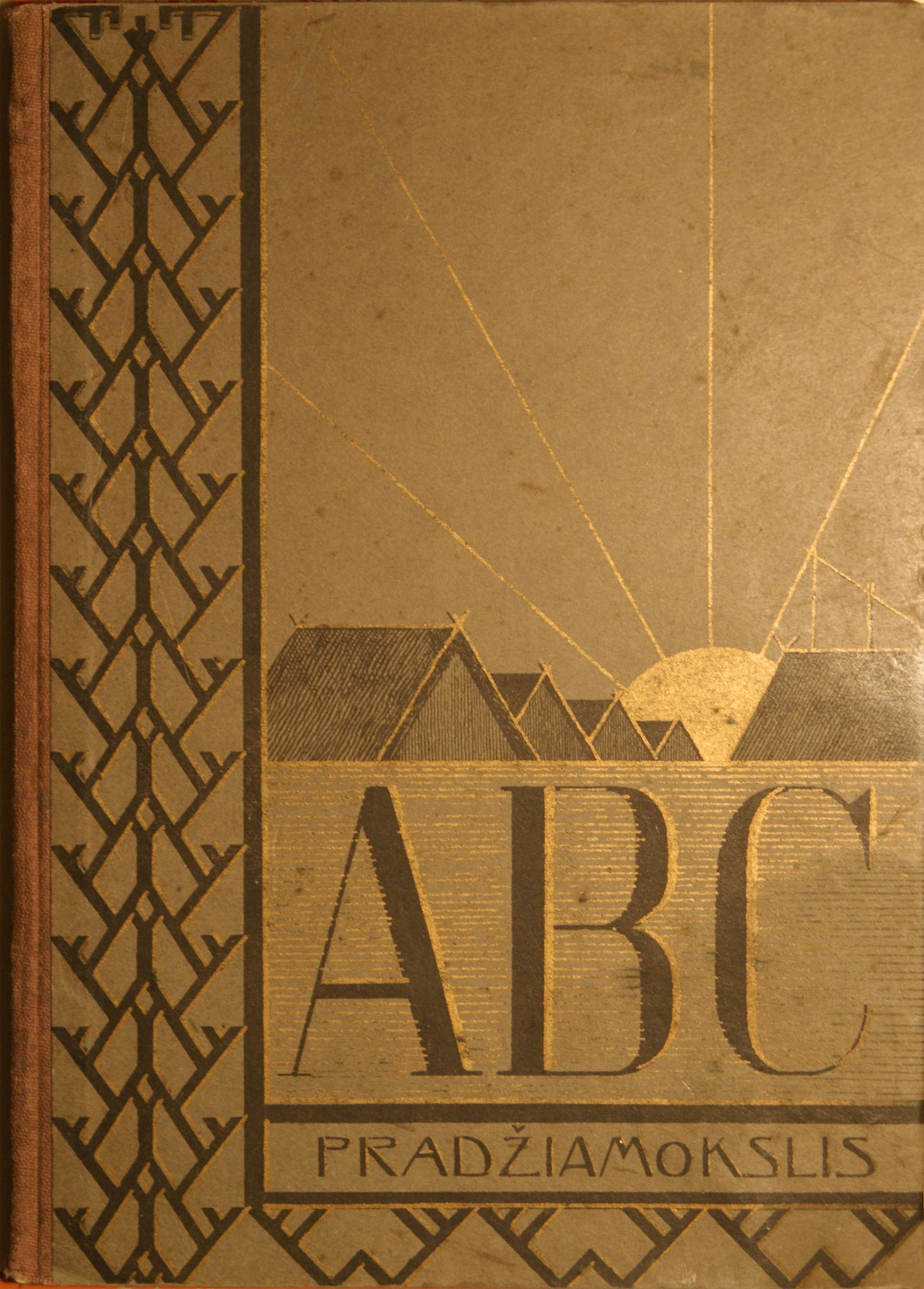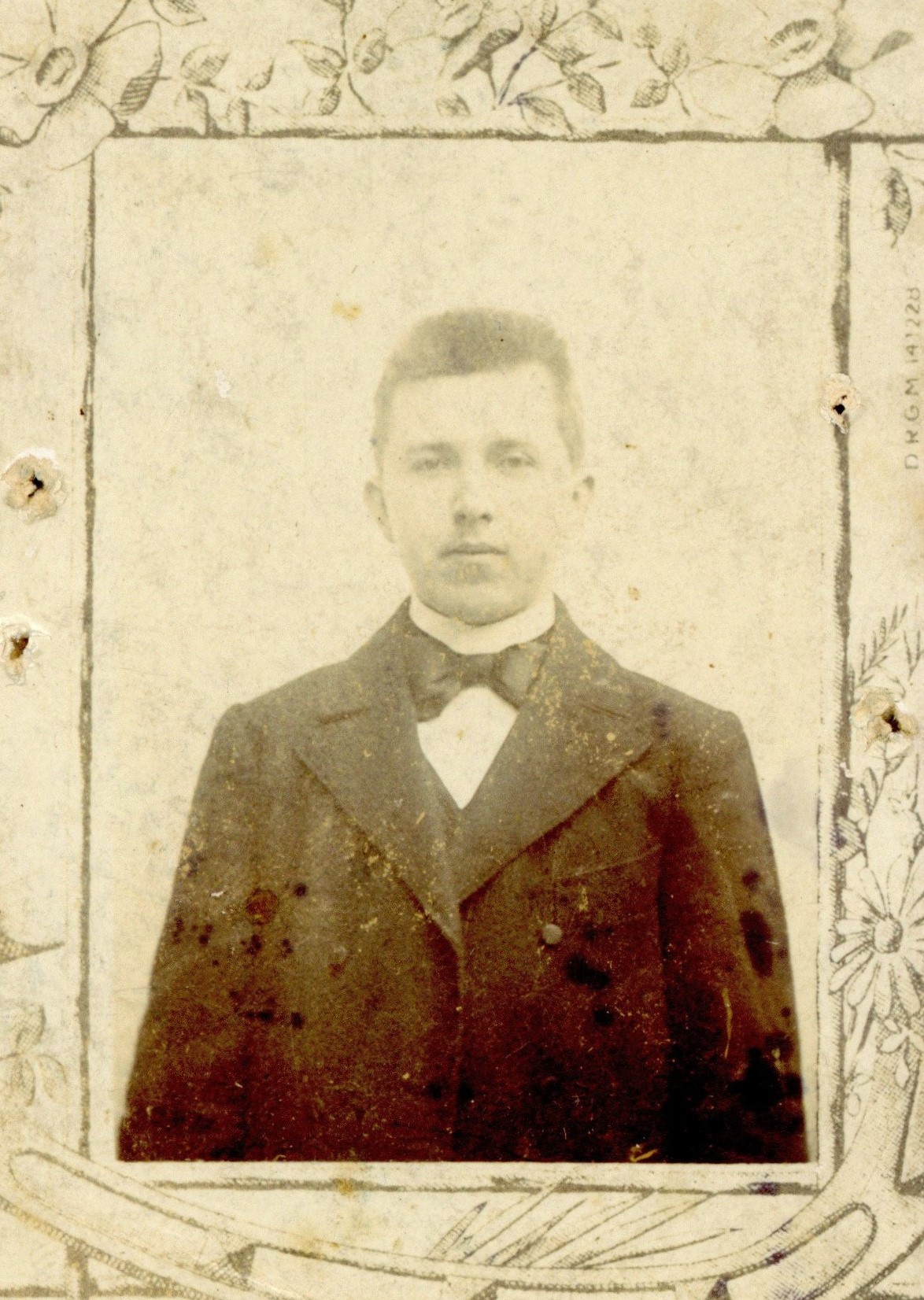J. Murka published innovative ideas, sought to make the training process looked at individually and creatively. His textbooks were based on the educational principle that encourages the development of personality in a comprehensive manner.
Since childhood, the gifted and hardworking J. Murka, independently prepared, entered the Panevėžys Teachers’ Seminary. After graduating from it, he began teaching at the Golden Elementary School. When the war broke out in 1914, J. Murka moved to Russia, where he continued his pedagogical work – he taught Lithuanian in St. Petersburg, later at the Voronezh Lithuanian Gymnasium, where at that time a group of famous Lithuanian intellectuals worked: J. Jablonskis, S. Kymantaitė-Čiurlionienė, J. Tumas-Vaižgantas and others.
After returning to independent Lithuania in 1918, J. Murka distinguished himself as a pioneer of adult education by preparing preparatory courses for adults. On his initiative, an adult gymnasium was founded. In 1919, he published the first Lithuanian methodological publication dedicated to educators and parents – „Etudes of Methodology”. According to one system, he wrote textbooks necessary for all six departments of elementary school. For his merits, J. Murka was awarded the Order of Gediminas IV degree in 1928.
Even when he was seriously ill, J. Murka learned foreign languages in order to study the latest western pedagogical literature and draw ideas from it. One of his largest works is an 8-volume manuscript of the Chrestomatia of Lithuanian Pedagogy „The Great Periods of Our Education and Upbringing (1385–1919)”, which is stored in the Lithuanian Academy of Sciences.
Having devoted his life to educational affairs, the intellectual educator Jonas Murka lived a short, but meaningful and productive life.
The information was prepared by Dalia Galminienė, curator of museum activities at the Lithuanian Museum of Education


